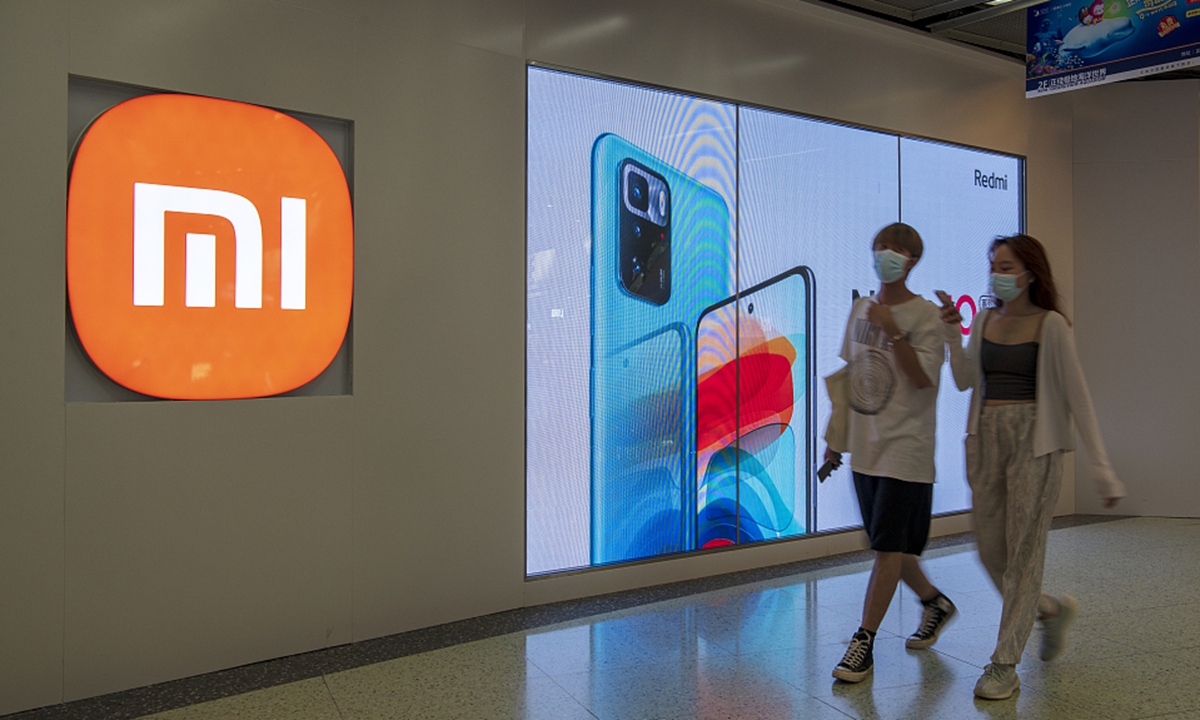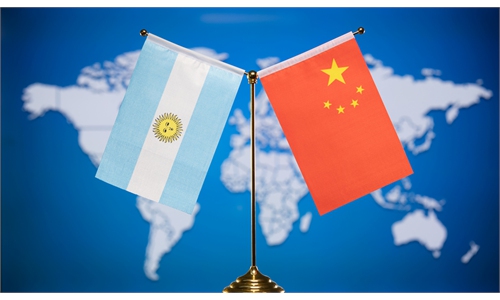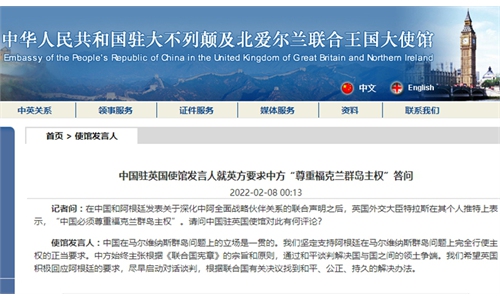COMMENTS / EXPERT ASSESSMENT
Biz Quick Take: Xiaomi's Tierra del Fuego venture may herald the age of Chinese smartphone makers in Latin America

Photo: VCG
Just as China and Argentina pledged on Sunday to deepen strategic cooperation on trade, currency and the infrastructure-focused Belt and Road Initiative, it is reported that Chinese smartphone maker Xiaomi is planning to open up stores in Argentina and make cellphones in the country's Tierra del Fuego.
Although details are scant at the moment, there is no denying that a great deal could be anticipated. After all, Xiaomi is the only Chinese brand to have succeeded in two billion-size-consumer markets: China and India.
According to media reports, Xiaomi is negotiating with its Argentine business partners to produce mobile phones in Tierra del Fuego, a remote place known as "the end of the world" once chartered by English naturalist Charles Darwin. Also, Argentina is the farthest country on earth from China.
The arrival of Chinese mobile phone companies in Argentina is undoubtedly a manifestation of the outreach of China's economic, industrial and supply chain influence.
Xiaomi has achieved unprecedented success in India, ranking first in sales in 2021 with 21 percent of the market share and 9.3 million sets in Q4, with its localization efforts. Its footprint in Tierra del Fuego may have historic significance for Xiaomi to further expand in Argentina, which could potentially become a "gateway" for the regional 270-million-people market, Mercosur, and the South American market in general.
Xiaomi briefly secured the second place globally for the first time ever in Q2 of 2021 thanks to its rapidly growing overseas business. According to data from Canalys, shipments increased more than 300 percent in the Latin America submarket in the April-June quarter, compared with a 150 percent growth in Africa and 50 percent growth in Western Europe.
The global smartphone market returned to pre-COVID-19 levels in 2021 and Xiaomi was the world's third largest vendor, trailing Samsung and Apple.
Despite difficulties, Argentina may prove to be the linchpin to success with the company's stated goal to become the world's leading smartphone vendor within three years.
Xiaomi is not alone. OPPO, currently the world's fourth smartphone vendor, has also seen rapid growth in the Latin America market in recent years.
Chinese mobile phone brands are undoubtedly veteran players of the mobile Internet era. Past experience has shown some of the most spectacular successes were actually borne in some remote markets.
With their technological expertise, respect for the local market and adaptation strategies, Chinese tech companies have achieved impressive results in India and Africa in recent years, taking a firm lead in the local market. In addition to Xiaomi, Chinese brands like OnePlus, Realme and Transsion are also big players in the industry.
Who would have thought that these little-known brands could grow into household brands in the Indian and African markets in a few years, and provide the local market with Chinese solutions as a worthy alternative to big-name mobile brands such as Apple and Samsung?
So, the tantalizing question to ask is if Xiaomi's coming to Tierra del Fuego is the beginning of a new era.



